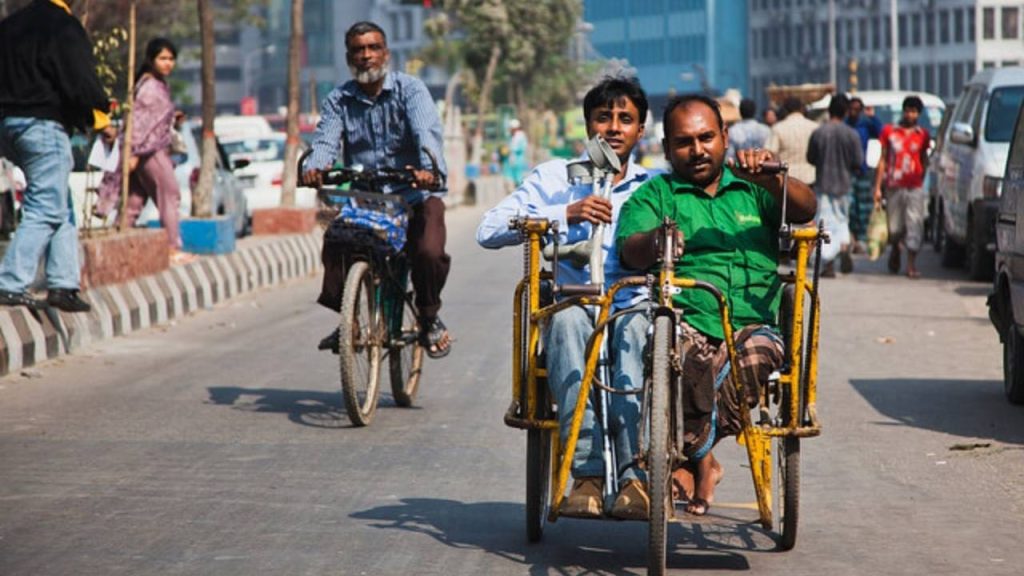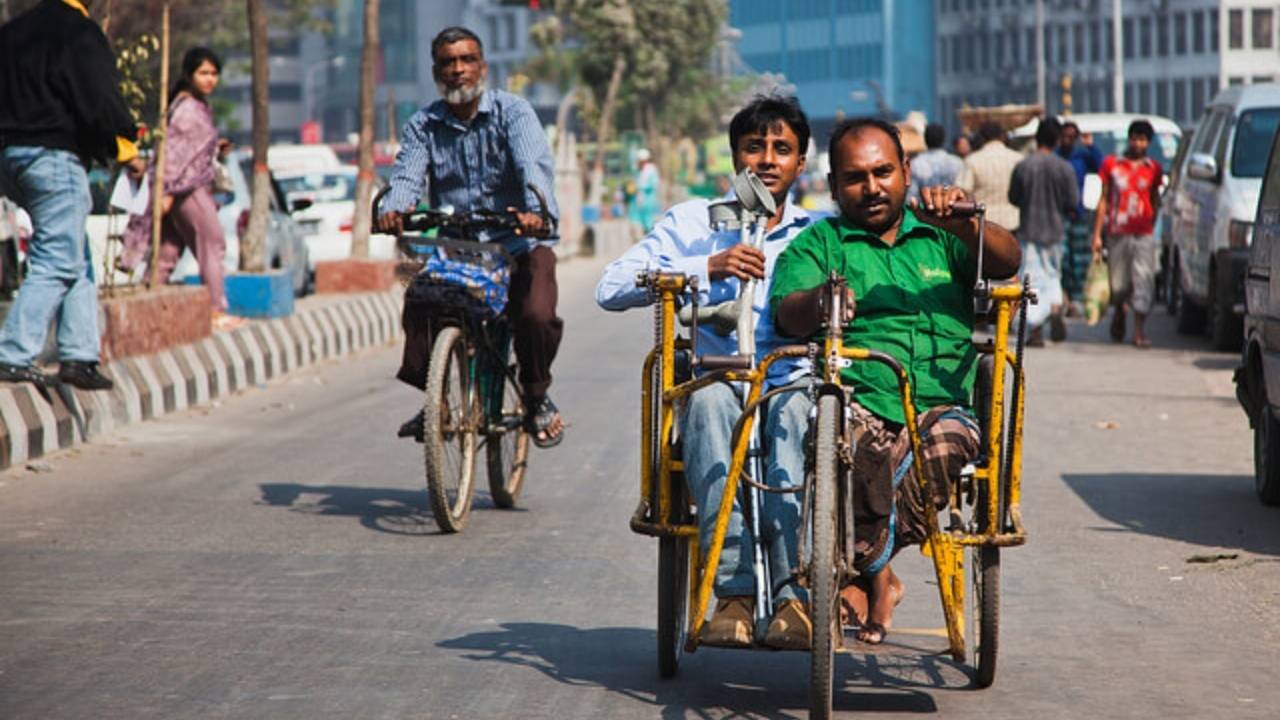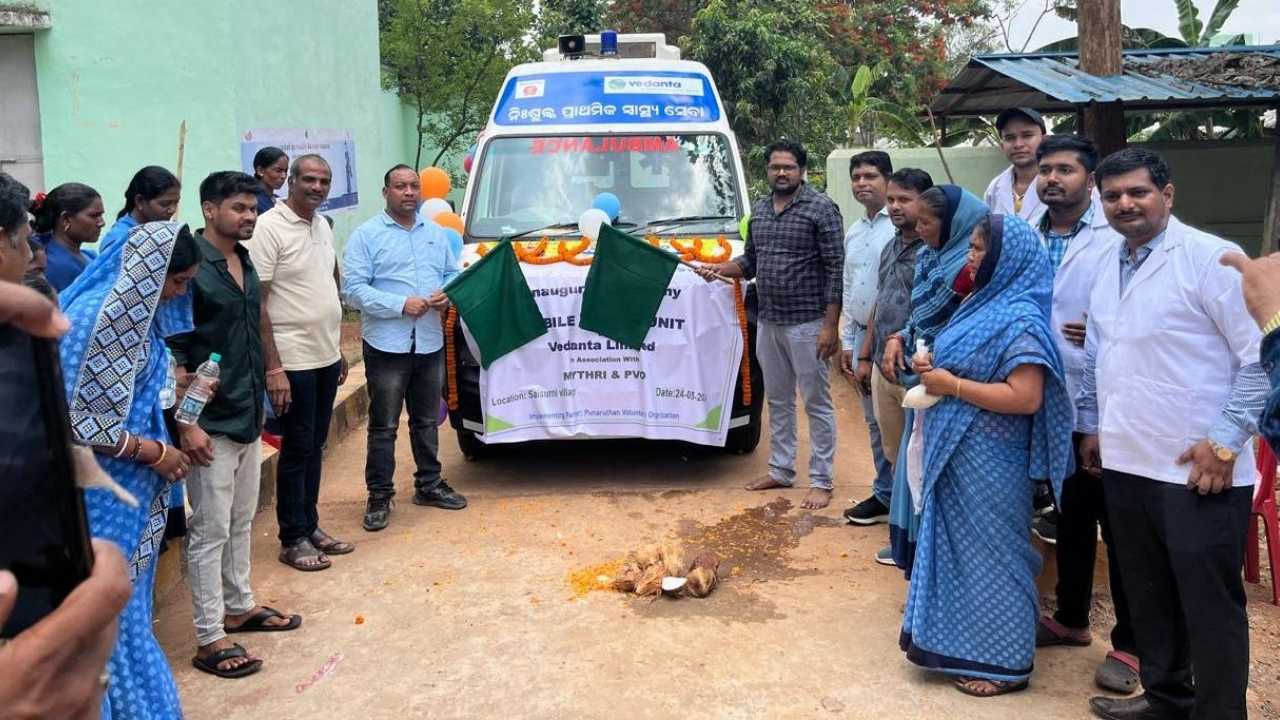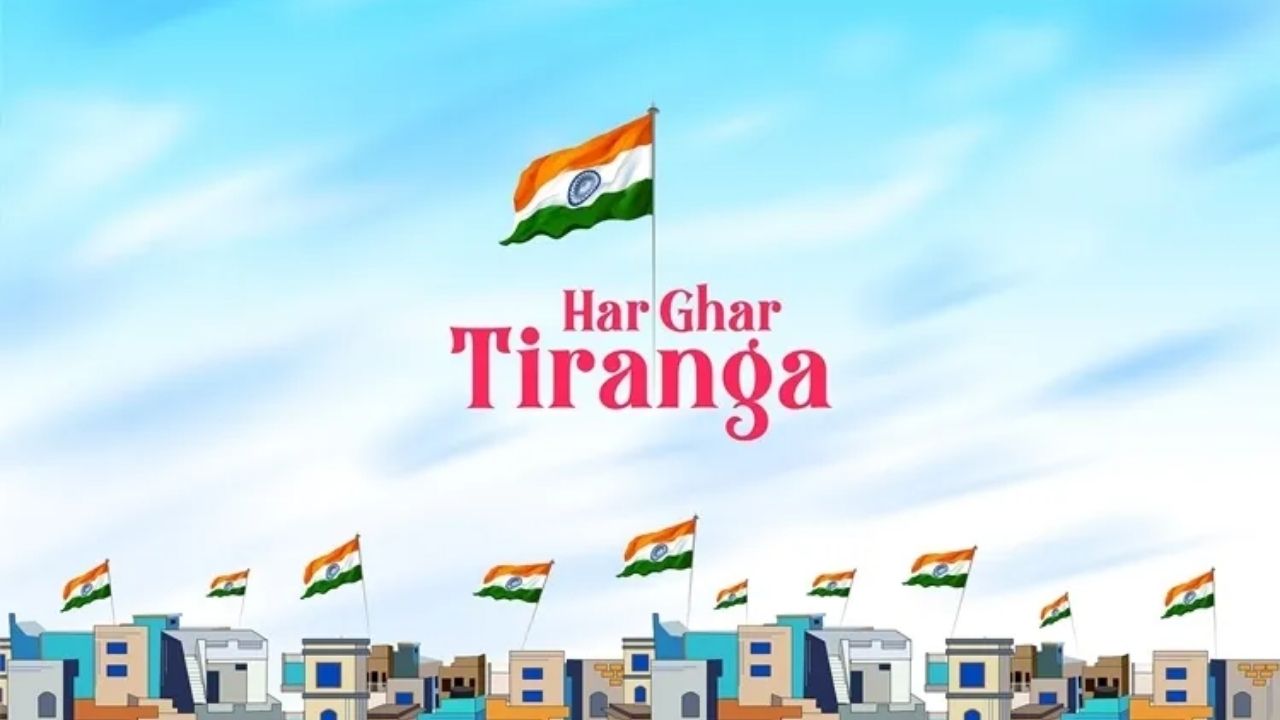The PwD ID pendency crisis in Odisha has made national headlines, sparking concern for thousands of individuals with disabilities and their families. With over 1.33 lakh pending Unique Disability ID (UDID) applications in the state, Odisha now stands among the top three states in India with the highest backlog. This isn’t just a number—it’s a real-world problem that impacts healthcare, education, employment, and access to welfare schemes.

If you’re wondering what this all means, why it matters, and what can be done, don’t worry. We’ll break it down in plain language, with examples, advice, and expert-backed insights that even a middle-schooler can follow—while giving professionals the data and context they need.
PwD ID Pendency Crisis
| Point | Details |
|---|---|
| Total UDID registrations in Odisha | 11,90,223 |
| Pending applications | 1,33,935 (≈11.25% pendency rate) |
| Districts worst affected | Balasore (22,960), Ganjam (13,474), Cuttack (7,137) |
| Proposed solution | Empower 33 Sub-Divisional Hospitals (SDHs) to issue PwD certificates & UDID cards |
| Nationwide rank | Odisha recorded the third highest backlog (no official national breakdown released) |
| Official Resource | Department of Empowerment of Persons with Disabilities |
The PwD ID pendency crisis in Odisha highlights how systemic bottlenecks can hold back essential rights for vulnerable communities. With over 1.33 lakh pending applications, the state urgently needs faster, localized solutions. The government’s plan to empower 33 Sub-Divisional Hospitals could be a game-changer—but implementation will be key.
At the end of the day, the UDID is more than just an ID card—it’s a gateway to dignity, opportunity, and equality. Addressing this backlog isn’t just about clearing numbers—it’s about restoring faith, rights, and hope.
Understanding the PwD ID (UDID)
The Unique Disability ID (UDID) project is like a one-stop ID card for people with disabilities in India. Think of it as a Social Security Card in the U.S.—it’s proof of identity, eligibility, and entitlements rolled into one.
Once issued, the UDID card helps a person access government benefits, healthcare facilities, scholarships, assistive devices, job reservations, and social security schemes. Without it, families are stuck in paperwork limbo, missing out on critical support.

Why the Backlog in Odisha is a Big Deal
Now, let’s put things into perspective. Imagine standing in line at the DMV (Department of Motor Vehicles) for your driver’s license. Frustrating, right? Now imagine being a person with a disability, needing this card to access healthcare or school benefits—and finding out the waitlist is over 1.33 lakh applications long.
That’s the situation in Odisha today. Out of nearly 12 lakh total registrations, 11.25% remain pending. And for many, that delay is more than just an inconvenience—it’s a roadblock to living with dignity and independence.
Digging Into the Data
Here’s what the numbers tell us, according to The New Indian Express (Nov 2024):
- Balasore tops the chart with 22,960 pending cases.
- Ganjam follows with 13,474 pending applications.
- Cuttack comes in third with 7,137 delays.
When we zoom out, Odisha has the third-largest backlog nationwide, although exact figures for other states aren’t fully available.
Why is There Such a Backlog?
This isn’t about laziness or lack of willpower—it’s about system bottlenecks. Some of the biggest roadblocks include:
- Centralization of certification – Currently, PwD certificates and UDID cards are mostly issued at district headquarters hospitals. That means people from rural or tribal areas have to travel long distances, which slows things down.
- Manpower shortages – Fewer doctors and staff are available to process applications. Think of it like having just two cashiers open at Walmart on Black Friday—long lines are inevitable.
- Awareness gaps – Many families don’t know the process or lack digital literacy to complete online applications.
- Technical glitches – Online systems sometimes crash or lag, adding another layer of delay.
What’s Being Done?
The Odisha government is stepping up. According to the Social Security and Empowerment of Persons with Disabilities (SSEPD) Department, the plan is to empower 33 Sub-Divisional Hospitals (SDHs) to issue PwD certificates and UDID cards directly.
This move is expected to:
- Reduce the load on district hospitals.
- Make the process more accessible in rural areas.
- Cut waiting times significantly.
It’s like opening more checkout counters at that busy Walmart—more stations, faster processing.
Practical Advice for Families Waiting on UDID Cards
If you or your loved ones are caught up in this backlog, here’s what you can do:
1. Track Your Application Online
Visit the UDID official portal to check status. All you need is your enrollment/registration number.
2. Contact Local Disability Officers
Every district has a Social Security Officer or Disability Welfare Officer. Reach out—they can sometimes fast-track applications in genuine hardship cases.
3. Use Sub-Divisional Hospitals (Once Activated)
Once the new decentralization kicks in, head to the nearest SDH instead of traveling long distances.
4. Document Everything
Keep photocopies or digital copies of your application, medical records, and follow-up letters. This helps in case of disputes or misplaced files.
Bigger Picture: What the Crisis Means for India
Odisha’s backlog isn’t just a local issue—it reflects a nationwide challenge. With over 2.68 crore PwDs in India (Census 2011, Gov of India), delays in UDID issuance mean millions might be missing out on welfare.
Think about it: without the UDID, a child might not get a scholarship. A job-seeker might miss the reservation quota. A family might not get financial aid. These aren’t luxuries—they’re rights.
Orissa HC Drops Bombshell on Cuttack Drainage Project—Rs 335 Cr DPRs Under Scrutiny
5 Films, Full SGST Refund: Odisha Govt Makes a Bold Move to Boost Its Film Industry
Luxury Cars, Stacks of Cash, and Secrets—Odisha Engineer’s DA Arrest Sends Shockwaves
FAQs
Q1: What is the UDID card?
A government-issued card that consolidates a person’s disability status, enabling access to multiple welfare schemes and benefits.
Q2: Why is Odisha struggling with pendency?
Centralized certification, staff shortages, and lack of rural accessibility are key reasons.
Q3: Can families apply offline?
Yes, applications can be made through district offices, but online tracking is faster and more transparent.
Q4: How does Odisha compare with other states?
Reports suggest Odisha has the third-highest backlog nationwide, though official comparative data across states is limited.
Q5: What’s the solution?
Decentralization—empowering more local hospitals to issue certificates—combined with better awareness campaigns and digital infrastructure.





